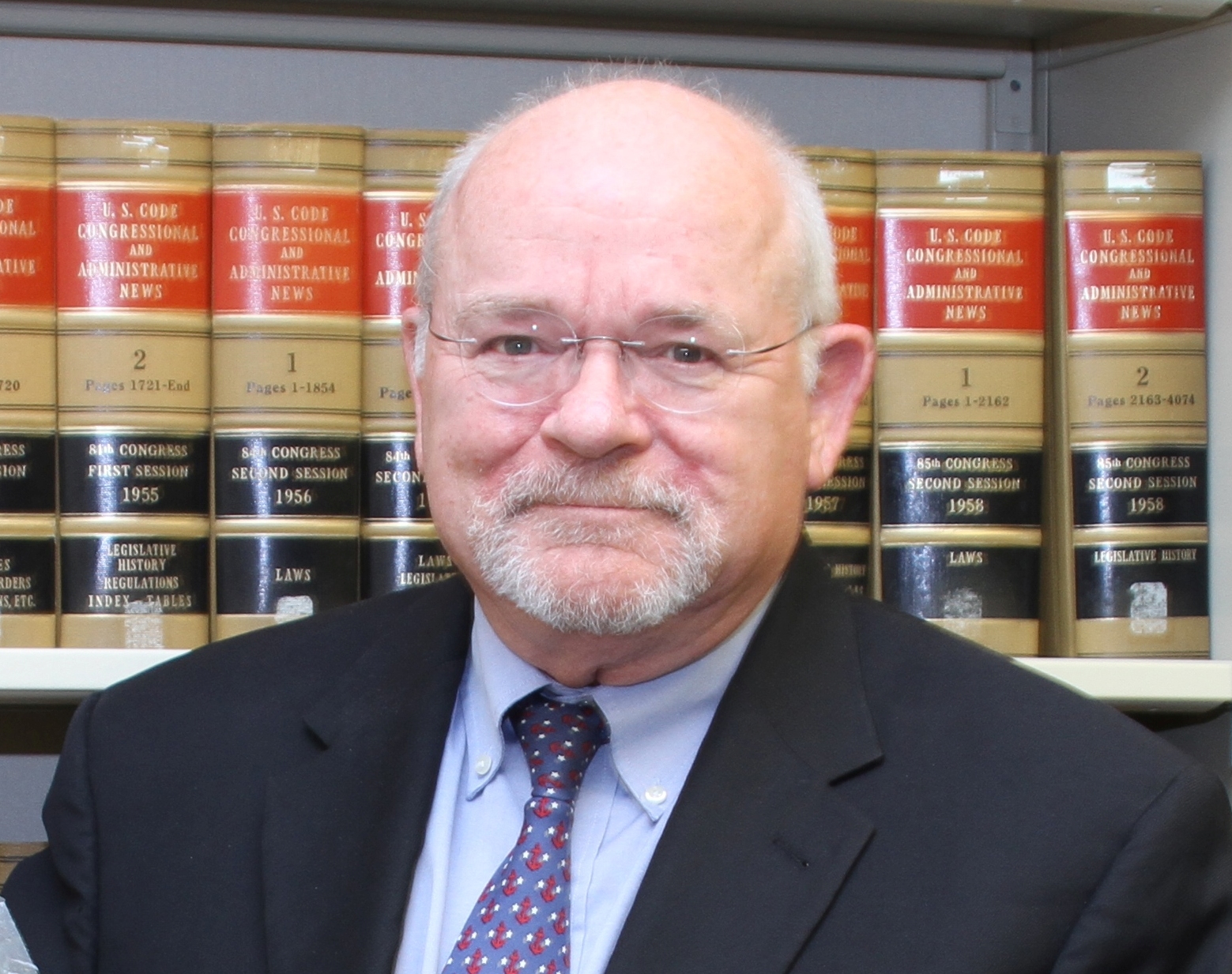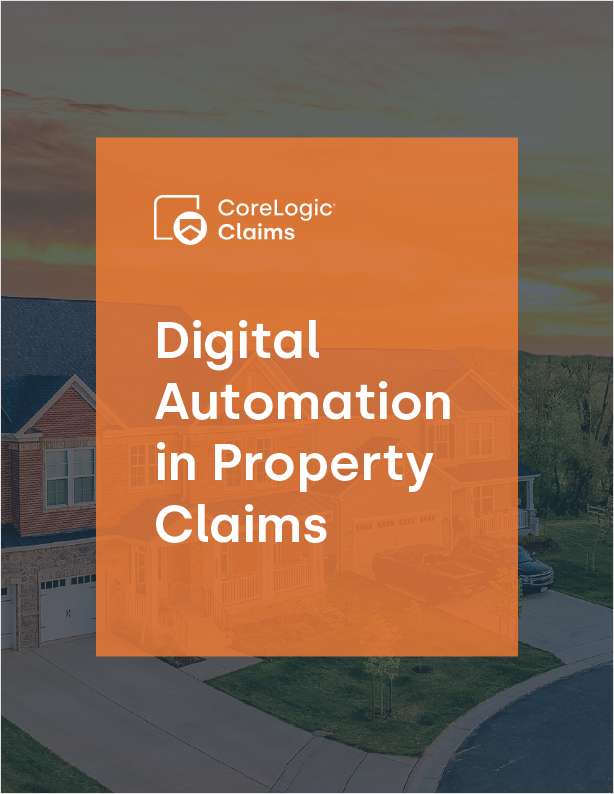Connecticut Case Underscores Naked Reality of Trump's Border Wall Plan
Emperor Trump will soon feel the chill of his own naked reality that his wall, as a matter of law and politics, cannot be built in the foreseeable future.
March 12, 2019 at 10:48 AM
4 minute read
 Dwight Merriam
Dwight Merriam
“Many years ago there was an Emperor so exceedingly fond of a Great Border Wall that he spent all his money on his Wall. He cared nothing about reviewing his soldiers, going to the theatre, or going for a ride in his carriage, except to show off his Great Border Wall. Instead of saying, as one might, about any other ruler, 'The King's in council,' here they always said. 'The Emperor's at his Great Border Wall.'” —With apologies to Hans Christian Andersen
Whether he knows it or not, by declaring a national emergency to build his wall President Donald Trump has doomed the centerpiece of his presidency to an eternity of fights in Congress and the courts.
Trump does not see or chooses not to see the naked truth that as a practical matter, the nature of eminent domain litigation and federal law will prevent him from ever assembling the land necessary to build his wall by the end of a second term, even with an emergency declaration. Land assembly for any large project is difficult and takes a long time. It is difficult to find a comparison to Trump's wall, which is 550 miles long and requires the acquisition of more than 1,000 private properties in Texas alone. But consider the notorious Kelo v. New London eminent domain case involving a relatively modest land assembly of 115 properties covering 90 acres.
The New London redevelopment project started with state funding for planning in January 1998, with the development plan approved in 2000. One hundred of those landowners voluntarily sold their properties. That was a good start, but there were 15 holdouts, led by Susette Kelo, the real-life central figure in the recent movie “Pink House.”
In the Kelo case, the city of New London had “quick take” authority under Connecticut law. It needed only to declare it wanted the land and pay into court what it determined was just compensation. The property was then immediately vested in the city.
One might think that a “quick take” would mean a quick end to the land assembly, but it did not. Kelo and her holdout neighbors fought the very purpose of the taking. They lost. The U.S. Supreme Court held for the government in 2005, but it wasn't until a year later that she finally settled with the city. The city had first offered her $123,000 for her little pink house. In the end, she received total compensation of $442,155—not bad for someone who lost her case. She was allowed to keep her house, literally—it was relocated to another site in 2007. There were similar large payouts for the others who had refused to leave.
That's almost a decade from plan inception to final land assembly … with “quick take.” As a postscript, today—more than a full decade later and almost 20 years since the project's beginning—the redevelopment site stands empty. Nothing built.
But Trump's situation is even worse. He has no “quick take” authority because the Declaration of Taking Act of 1931 enables a “quick take” only if there is legislative authority and the necessary appropriation for the project. The General Accounting Office's general counsel has ruled that “The Declaration of Taking Act is not an independent grant of acquisition authority or condemnation authority.” The emergency declaration standing alone, without other legislative authority and specify appropriations for a border wall, does not provide the essential legislative and appropriations basis for using the Declaration of Taking Act.
And even if some court were to find Trump had “quick take” authority with his emergency declaration, there are scores if not hundreds of other Susette Kelos all along the border, ready to take up the fight and stop the wall, at least until long after any possible second term for this president. And maybe it will take three times the estimated costs, as it did with Kelo, to get them to move if they lose.
So by taking the route of an emergency declaration, Emperor Trump will soon feel the chill of his own naked reality that his wall, as a matter of law and politics, cannot be built in the foreseeable future.
Simsbury attorney Dwight Merriam is the Connecticut member of Owners' Counsel of America, He co-edited “Eminent Domain Use and Abuse: Kelo in Context” (2006) and is a member of the Connecticut Law Tribune's editorial board.
This content has been archived. It is available through our partners, LexisNexis® and Bloomberg Law.
To view this content, please continue to their sites.
Not a Lexis Subscriber?
Subscribe Now
Not a Bloomberg Law Subscriber?
Subscribe Now
NOT FOR REPRINT
© 2025 ALM Global, LLC, All Rights Reserved. Request academic re-use from www.copyright.com. All other uses, submit a request to [email protected]. For more information visit Asset & Logo Licensing.
You Might Like
View All
ADVANCE Act Offers Conn. Opportunity to Enhance Carbon-Free Energy and Improve Reliability With Advanced Nuclear Technologies

Trending Stories
- 1With DEI Top of Mind, Black Judges Discuss Growing Up During Segregation, Efforts to Diversify the Profession
- 2Big Law's Middle East Bet: Will It Pay Off?
- 3'Translate Across Disciplines': Paul Hastings’ New Tech Transactions Leader
- 4Milbank’s Revenue and Profits Surge Following Demand Increases Across the Board
- 5Fourth Quarter Growth in Demand and Worked Rates Coincided with Countercyclical Dip, New Report Indicates
Who Got The Work
J. Brugh Lower of Gibbons has entered an appearance for industrial equipment supplier Devco Corporation in a pending trademark infringement lawsuit. The suit, accusing the defendant of selling knock-off Graco products, was filed Dec. 18 in New Jersey District Court by Rivkin Radler on behalf of Graco Inc. and Graco Minnesota. The case, assigned to U.S. District Judge Zahid N. Quraishi, is 3:24-cv-11294, Graco Inc. et al v. Devco Corporation.
Who Got The Work
Rebecca Maller-Stein and Kent A. Yalowitz of Arnold & Porter Kaye Scholer have entered their appearances for Hanaco Venture Capital and its executives, Lior Prosor and David Frankel, in a pending securities lawsuit. The action, filed on Dec. 24 in New York Southern District Court by Zell, Aron & Co. on behalf of Goldeneye Advisors, accuses the defendants of negligently and fraudulently managing the plaintiff's $1 million investment. The case, assigned to U.S. District Judge Vernon S. Broderick, is 1:24-cv-09918, Goldeneye Advisors, LLC v. Hanaco Venture Capital, Ltd. et al.
Who Got The Work
Attorneys from A&O Shearman has stepped in as defense counsel for Toronto-Dominion Bank and other defendants in a pending securities class action. The suit, filed Dec. 11 in New York Southern District Court by Bleichmar Fonti & Auld, accuses the defendants of concealing the bank's 'pervasive' deficiencies in regards to its compliance with the Bank Secrecy Act and the quality of its anti-money laundering controls. The case, assigned to U.S. District Judge Arun Subramanian, is 1:24-cv-09445, Gonzalez v. The Toronto-Dominion Bank et al.
Who Got The Work
Crown Castle International, a Pennsylvania company providing shared communications infrastructure, has turned to Luke D. Wolf of Gordon Rees Scully Mansukhani to fend off a pending breach-of-contract lawsuit. The court action, filed Nov. 25 in Michigan Eastern District Court by Hooper Hathaway PC on behalf of The Town Residences LLC, accuses Crown Castle of failing to transfer approximately $30,000 in utility payments from T-Mobile in breach of a roof-top lease and assignment agreement. The case, assigned to U.S. District Judge Susan K. Declercq, is 2:24-cv-13131, The Town Residences LLC v. T-Mobile US, Inc. et al.
Who Got The Work
Wilfred P. Coronato and Daniel M. Schwartz of McCarter & English have stepped in as defense counsel to Electrolux Home Products Inc. in a pending product liability lawsuit. The court action, filed Nov. 26 in New York Eastern District Court by Poulos Lopiccolo PC and Nagel Rice LLP on behalf of David Stern, alleges that the defendant's refrigerators’ drawers and shelving repeatedly break and fall apart within months after purchase. The case, assigned to U.S. District Judge Joan M. Azrack, is 2:24-cv-08204, Stern v. Electrolux Home Products, Inc.
Featured Firms
Law Offices of Gary Martin Hays & Associates, P.C.
(470) 294-1674
Law Offices of Mark E. Salomone
(857) 444-6468
Smith & Hassler
(713) 739-1250












